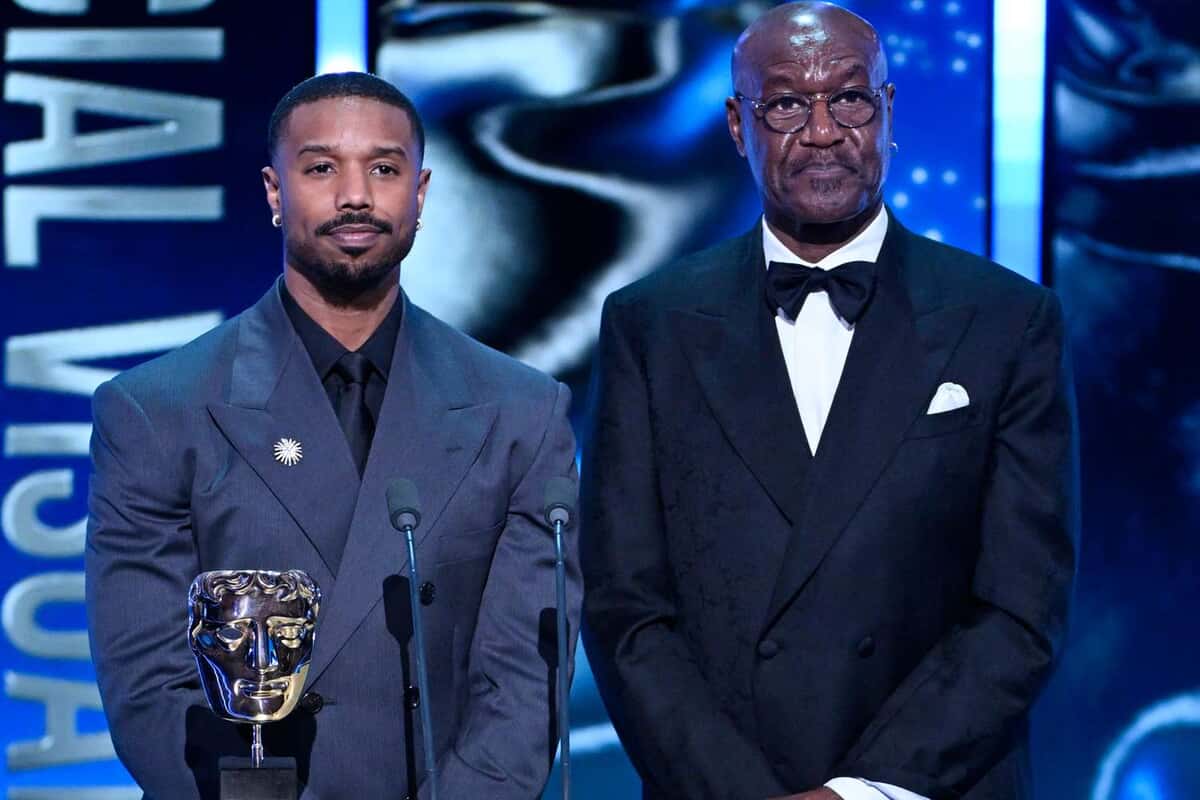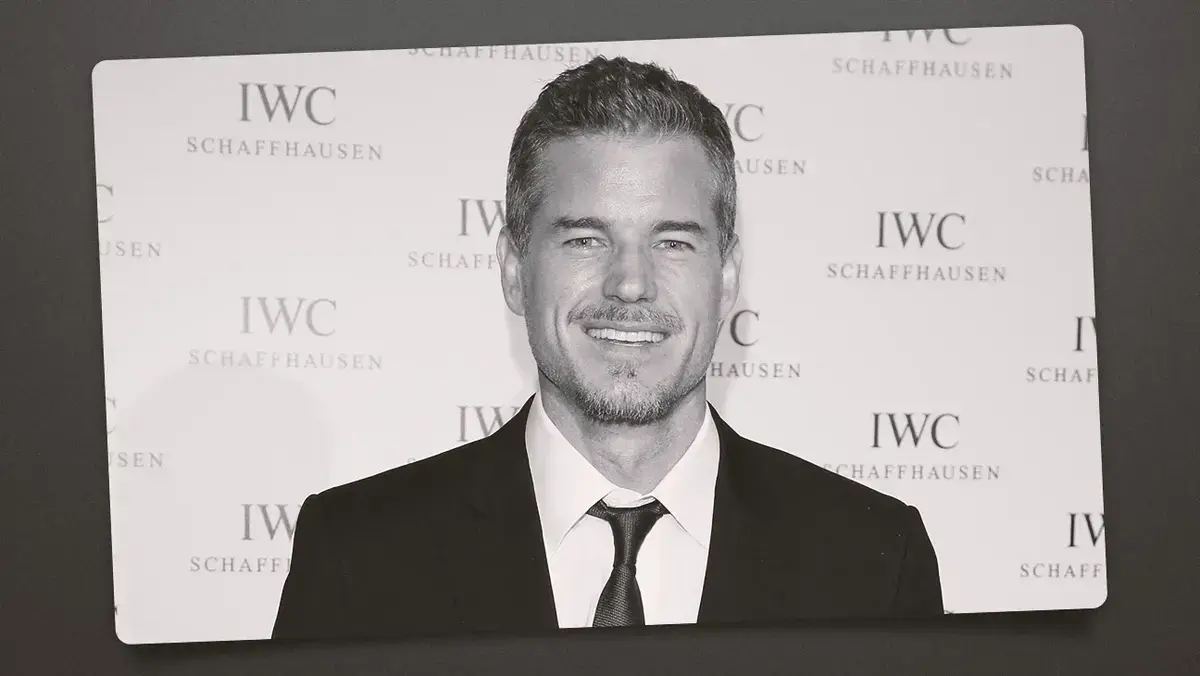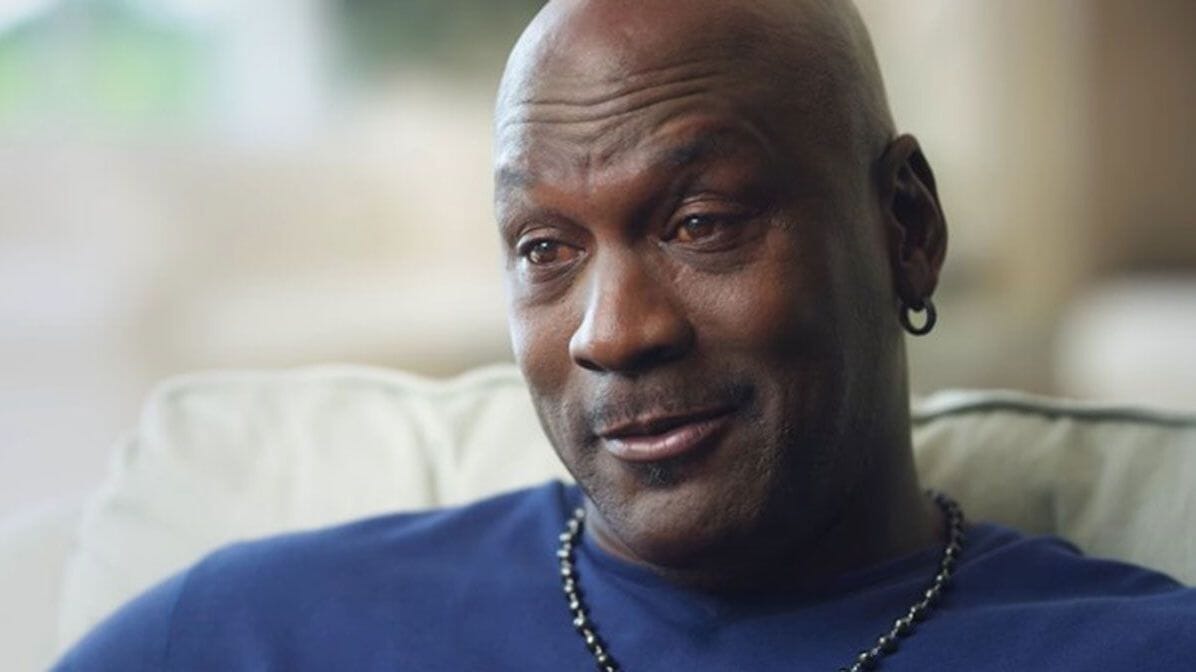BY: Denver Sean
Published 8 years ago

Prince died from an addiction to counterfeit vicodin he didn’t know was laced with fentanyl, and investigators were unable to track down the person (or people) responsible for giving it to him.
No one will be facing any charges related to Prince’s death.
via NYDN:
The revelation comes as a Minnesota prosecutor announced no one will be charged in the music legend’s death nearly two years ago, as a doctor tied to the case agreed to pay $30,000 in federal fines.
Prince’s inner circle likely wasn’t even aware he was taking the knock-off opioids to deal with nagging pains from his grueling on-stage performances, Carver County Attorney Mark Metz said at a Thursday news conference.
The two-year investigation into his death at age 57 couldn’t determine where Prince was getting the counterfeit vicodin, Metz said, but it wasn’t prescribed to him.
Hindering the investigation was the fact that Prince didn’t have a cellphone — depriving authorities of clues into how the “Purple Rain” singer was getting the pills.
A sweep of his Paisley Park estate in suburban Minneapolis found 15 of the imitation painkiller in his dressing room, plus more than 80 disguised in Bayer and Aleve bottles on his night table, the prosecutor said.
The decision comes as Dr. Michael Schulenberg, who’d been treating Prince in the two weeks leading up to his April 21, 2016 death, agreed to pay $30,000 in federal fines, prosecutors said Thursday.
Neither Prince nor assistant Kirk Johnson are named in the four-page settlement dated Monday, but federal prosecutors said the geriatrician broke federal drug rules on April 14, 2016, by prescribing painkillers “in the name of an individual, knowing that the controlled substances were intended to be used by another individual.”
Schulenberg previously said in an affidavit release in April 2017 that he wrote an oxycodone prescription the singer a week before his death in Johnson’s name “for Prince’s privacy.”
A toxicology report obtained by the Associated Press in March found what outside experts called “exceedingly high” levels of fentanyl, a synthetic opioid 50 times more potent than heroin. Oxycodone was not attributed to his death.
Investigators found Paisley Park was littered with prescription pills, which left many of Prince’s friends and relatives shocked because of his clean-living image.
Authorities think Prince may not have known there was fentanyl in some of the drugs he was taking, a source told the Star Tribune on Thursday.
The U.S. Attorney’s Office told Schulenberg’s lawyer in a separate letter that the doctor isn’t the subject of a criminal probe.
His attorney also maintained the doctor didn’t prescribe painkillers to one person with the intent of them going to someone else, despite federal prosecutors alleging that was the case.
Doctors are trusted medical professionals and in the midst of our opioid crisis, they must be part of the solution,” U.S. Attorney Greg Brooker said in a statement Thursday. “As licensed professionals, doctors are held to a high level of accountability in their prescribing practices, especially when it comes to highly addictive painkillers. … We are committed to using every available tool to stem the tide of opioid abuse.”
The settlement “is neither an admission of facts nor liability by Dr. Schulenberg,” federal prosecutors said.
He’ll also keep his medical license so long as he complies with a set of conditions laid out in the settlement.
Schulenberg for the next two years will have to keep clear records on to whom he’s prescribing drugs, as well as allow U.S. Drug Enforcement Agency officials to inspect his office and logs.
Metz, the Carver County attorney, put out a terse advisory Wednesday night about the decision on local charges. The prosecutor’s office didn’t indicate whether any were pending, saying Metz wouldn’t take questions.
We still can’t believe Prince is no longer with us.










